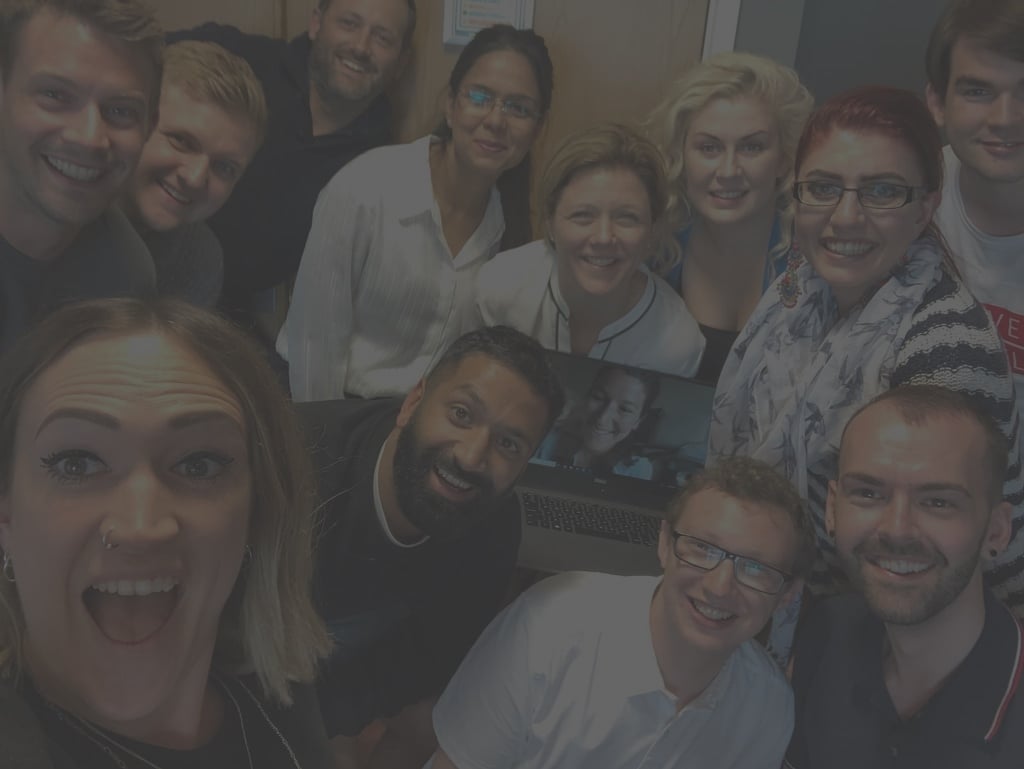Santiago Castro, CDO at FBN Bank, discusses how the bank’s digital transformation prepared it for the challenges of COVID-19 and how he’s building even more adaptability into its resilience strategy going forward
When FBN Bank CDO Santiago Castro was named the bank’s Interim COO in January, he was unaware of the events that would unfold in the months ahead. Luckily, he had kickstarted FBN’s digital transformation two years previously.
In this episode of the Business of Data podcast, Castro outlines how the COVID-19 pandemic tested FBN Bank’s business continuity and shares how this has changed the way he thinks about its data strategy.
“In two weeks, we had to move all the operations to work remotely,” he recalls. “This pandemic has [been] a real test scenario about operational resilience and business continuity, because all organizations have had to ensure and prove that [they] can still work.”
He adds: “We managed to actually work in all our business processes and business services without interruption, which shows that in real, extreme scenarios, we’re still resilient.”
How Digitization Improves Business Resilience
Most business continuity strategies focus on scenarios where company buildings or systems are compromised. But COVID-19 is also ‘people’ crisis – something that many organizations hadn’t planned for.
“Not only we had to adapt, [but] we had to also adapt in times where some people were falling sick,” says Santiago. “So, we needed to cope with mental health, with stress [and] fatigue.”
Luckily, FBN Bank had already embarked on its data and digitization journey. Castro’s team has created a data hub, data strategy and governance policies, so the bank could phase out many of its old analogue processes.
“We started the journey two years ago to start [digitizing] and start automating a lot of the processes to start bringing business intelligence, reporting, analytics and, most importantly, data flags (or what we call ‘automation of exemptions’),” he says.
“If two years ago we [didn’t do] this, it would have been very difficult to work from home,” he continues. “Definitely, having started the journey has enabled us to be resilient.”
This experience has also changed Santiago’s perspective on the concept of ‘operational resilience’. He now views FBN Bank’s continuity strategy as more than a collection of defensive goals and policies.
“This challenge allowed us to also open our mind to flexibility to explore new ideas, explore new ways of doing [things] and of course being progressive,” he concludes. “Now, we’re also putting in our strategy the emphasis of flexibility and adaptability, and actually that also makes us resilient.”
Key Takeaways
- COVID-19 has been a test for business resilience. Organizations that depend on analogue or in-person processes have been severely disrupted by the pandemic
- Digitization can improve operational resilience. Automating manual processes and digitizing analogue ones allows businesses to provide services more flexibly
- Data strategy advancement facilitates digitization. Successful digitization projects depend on a solid foundation of data strategy, governance and skills




